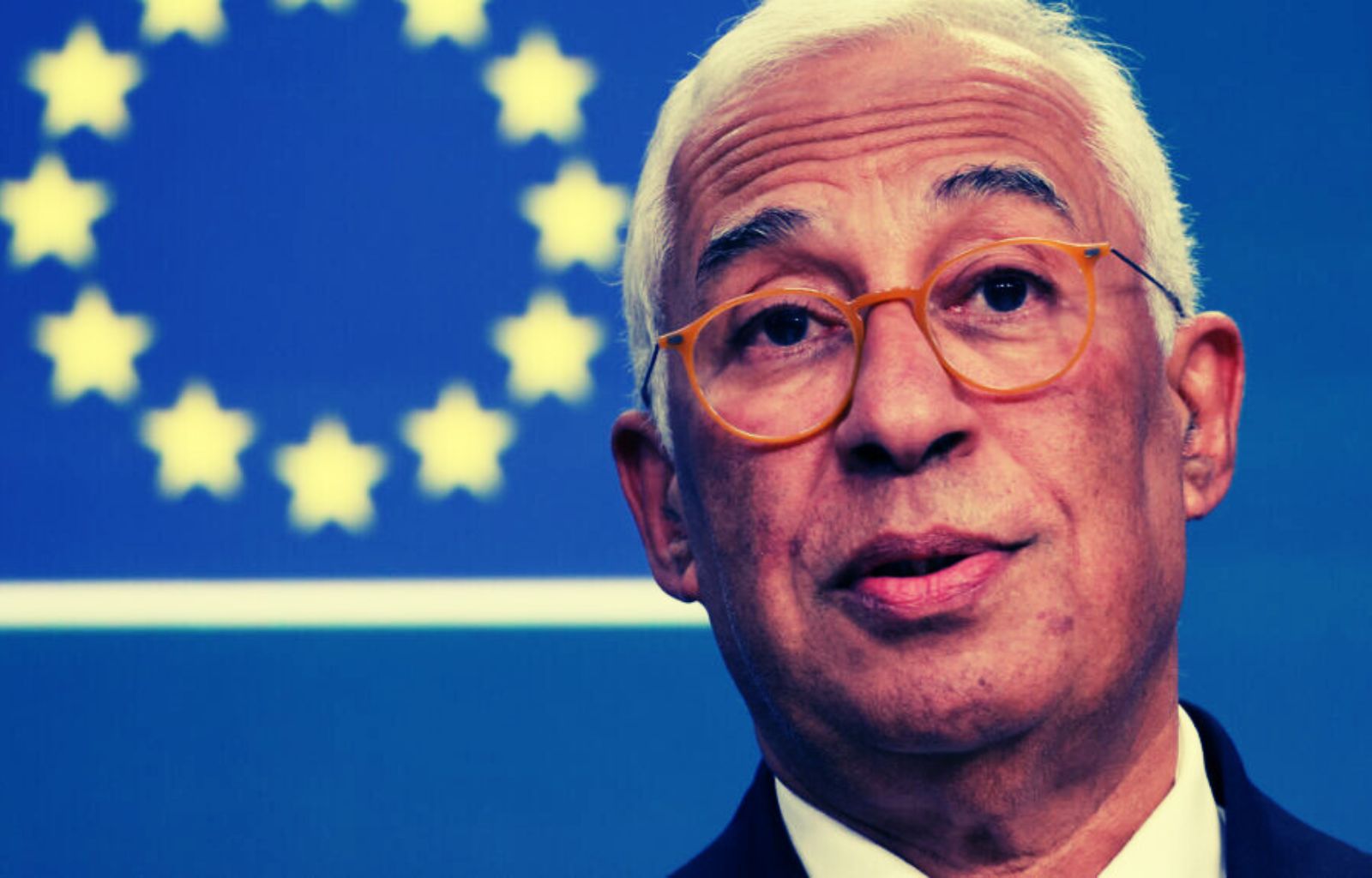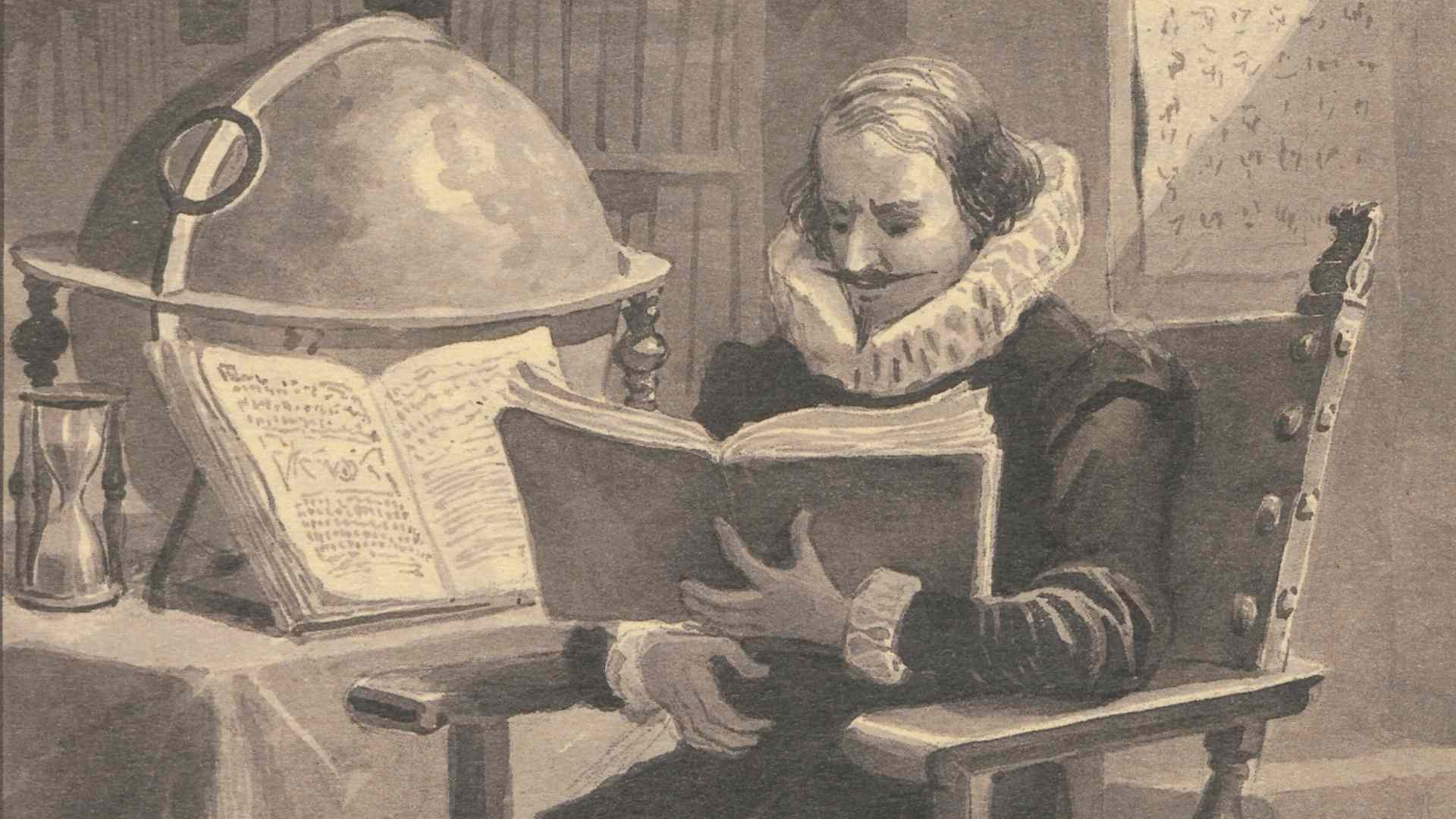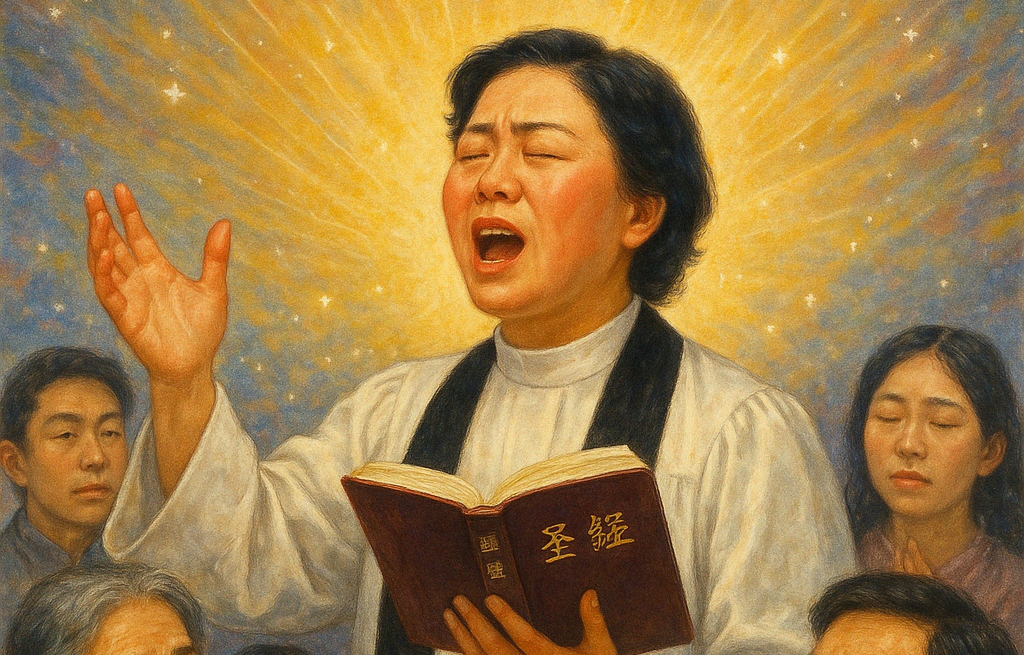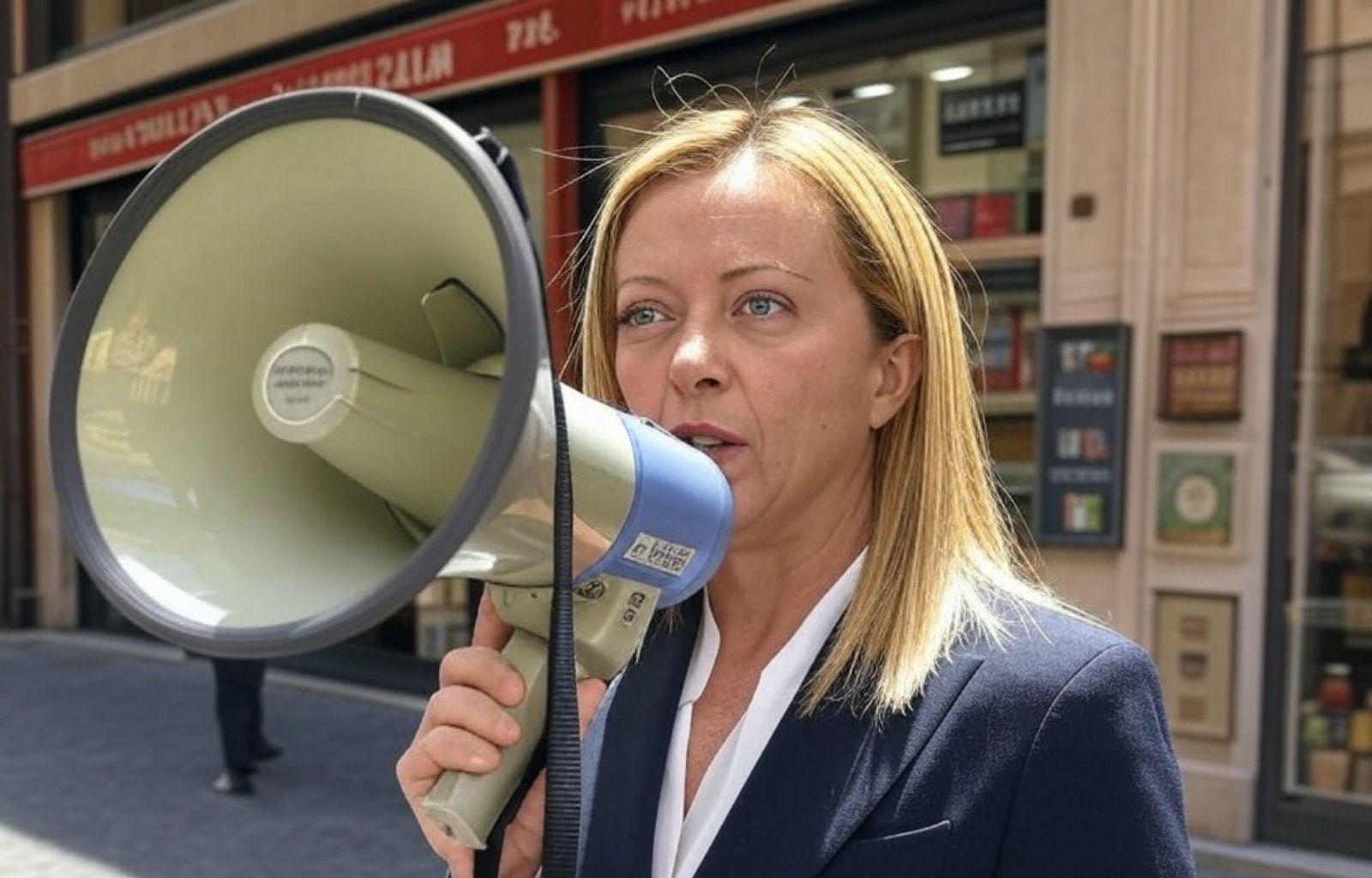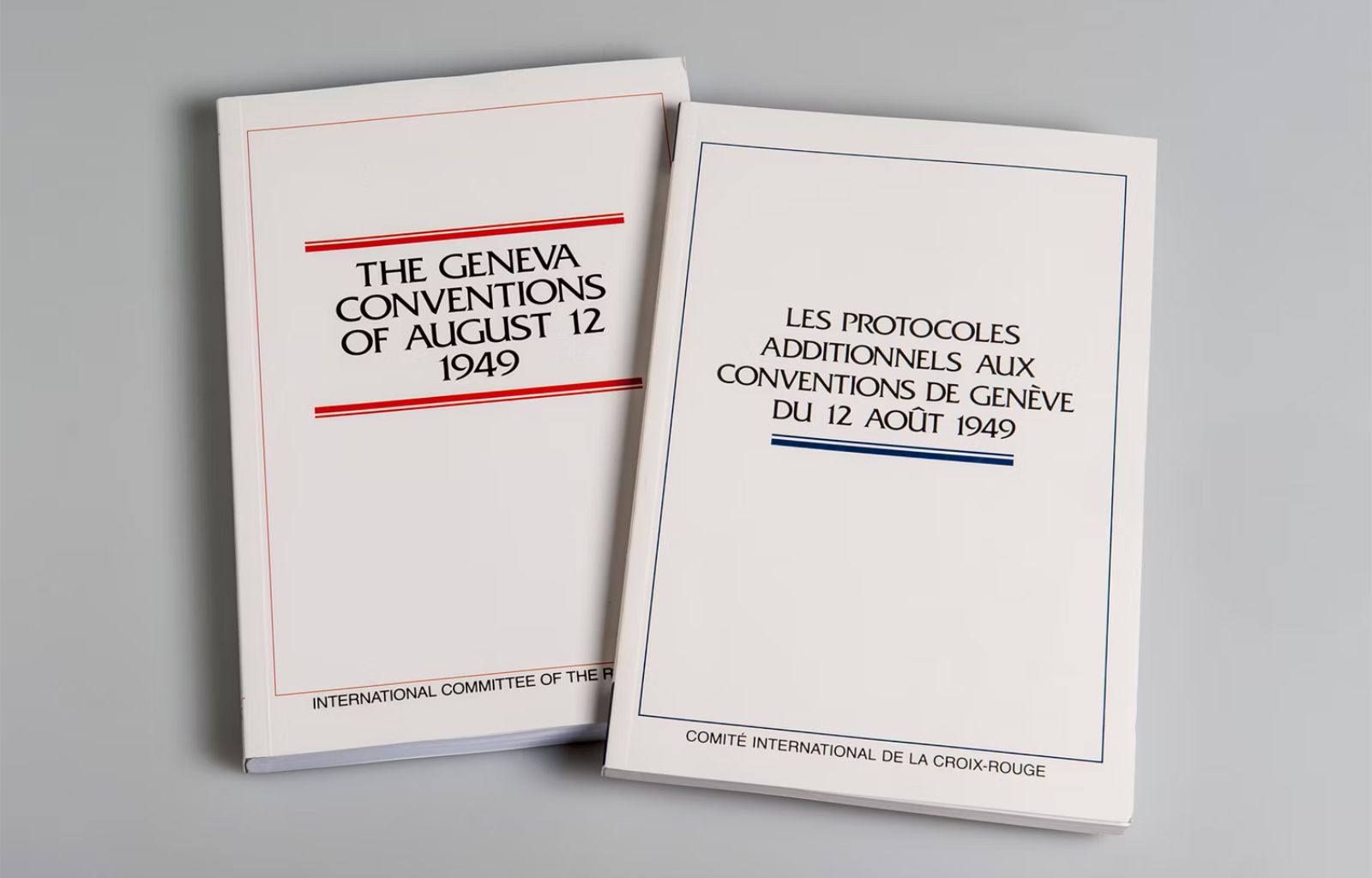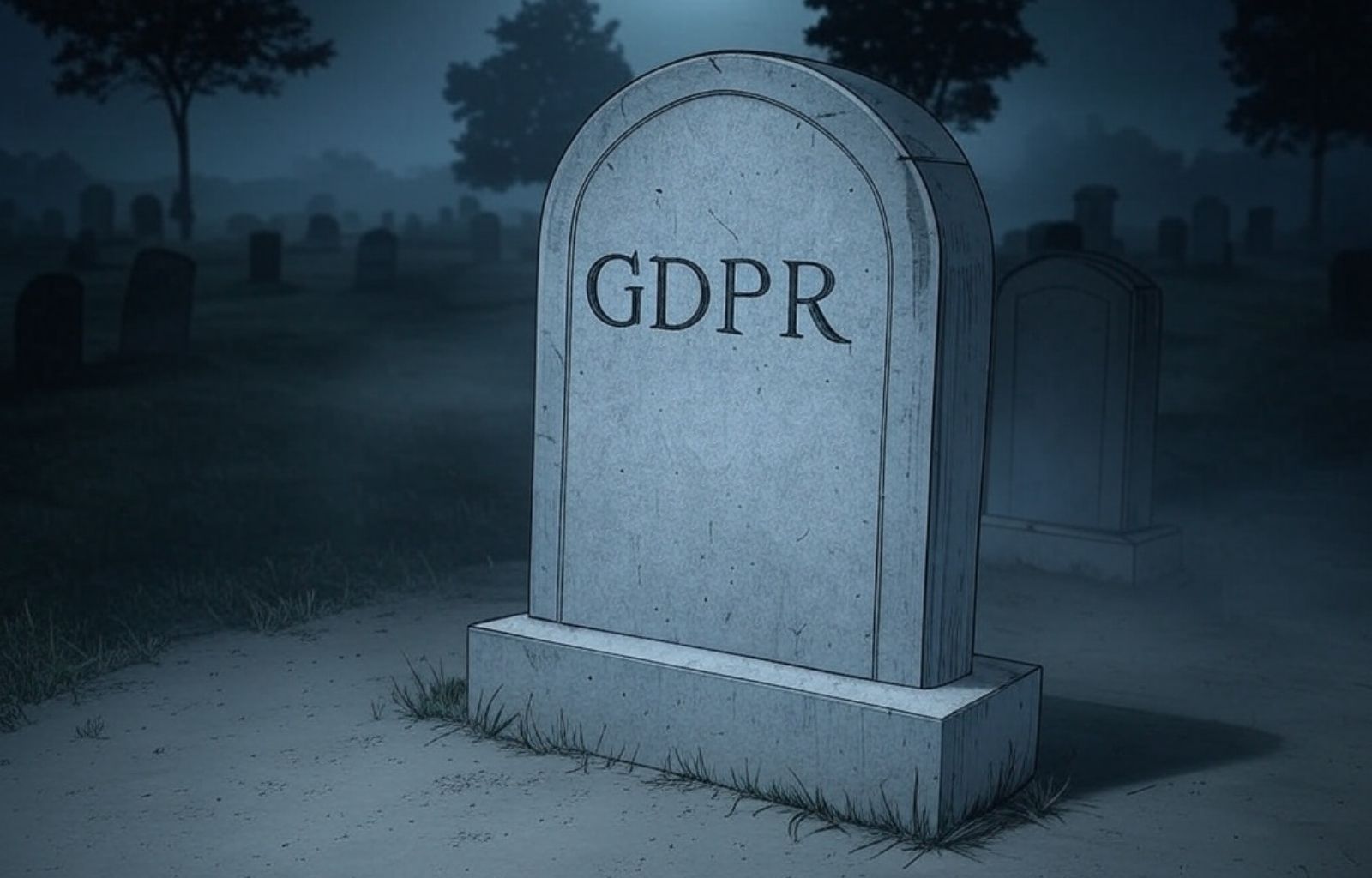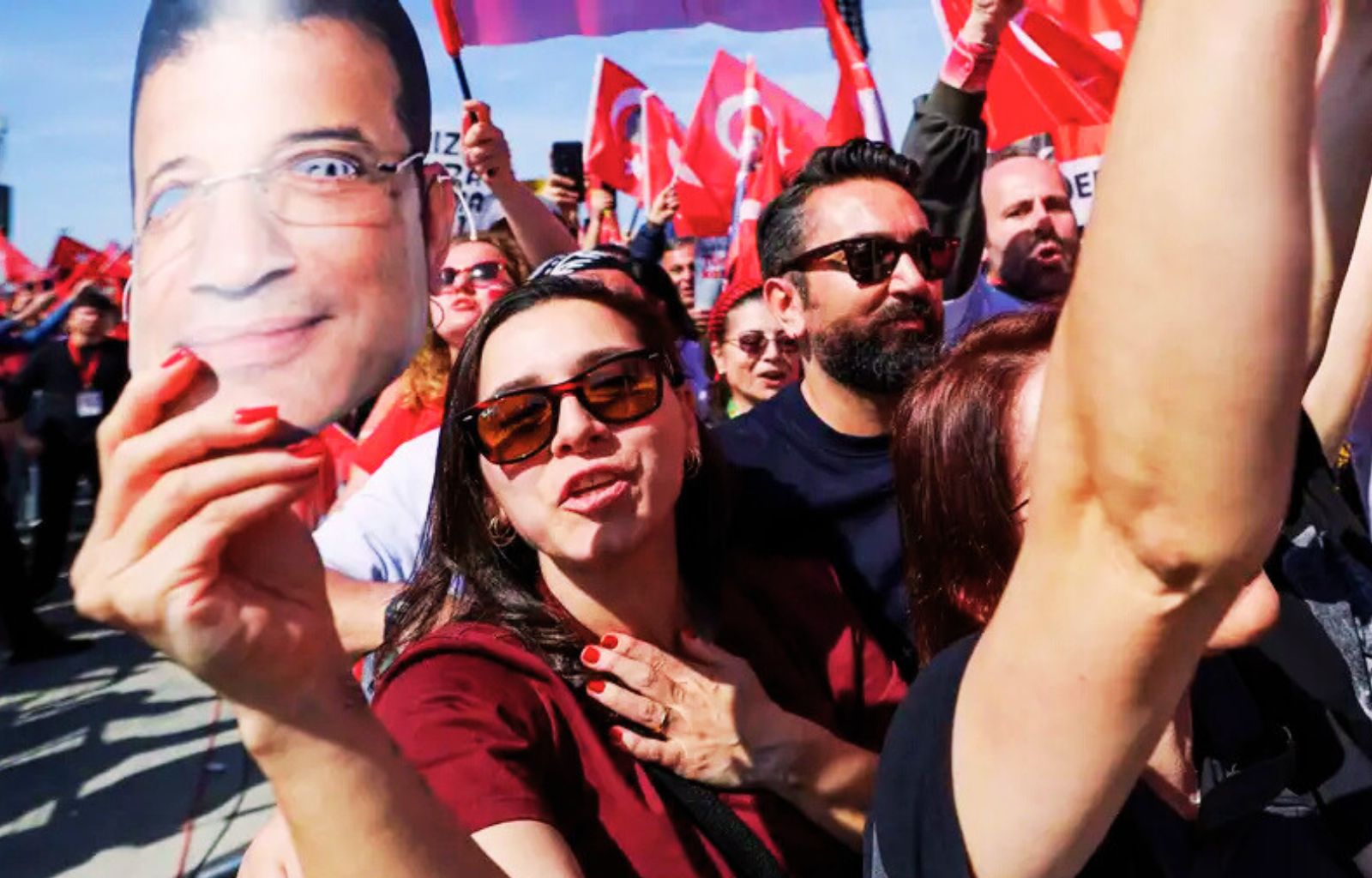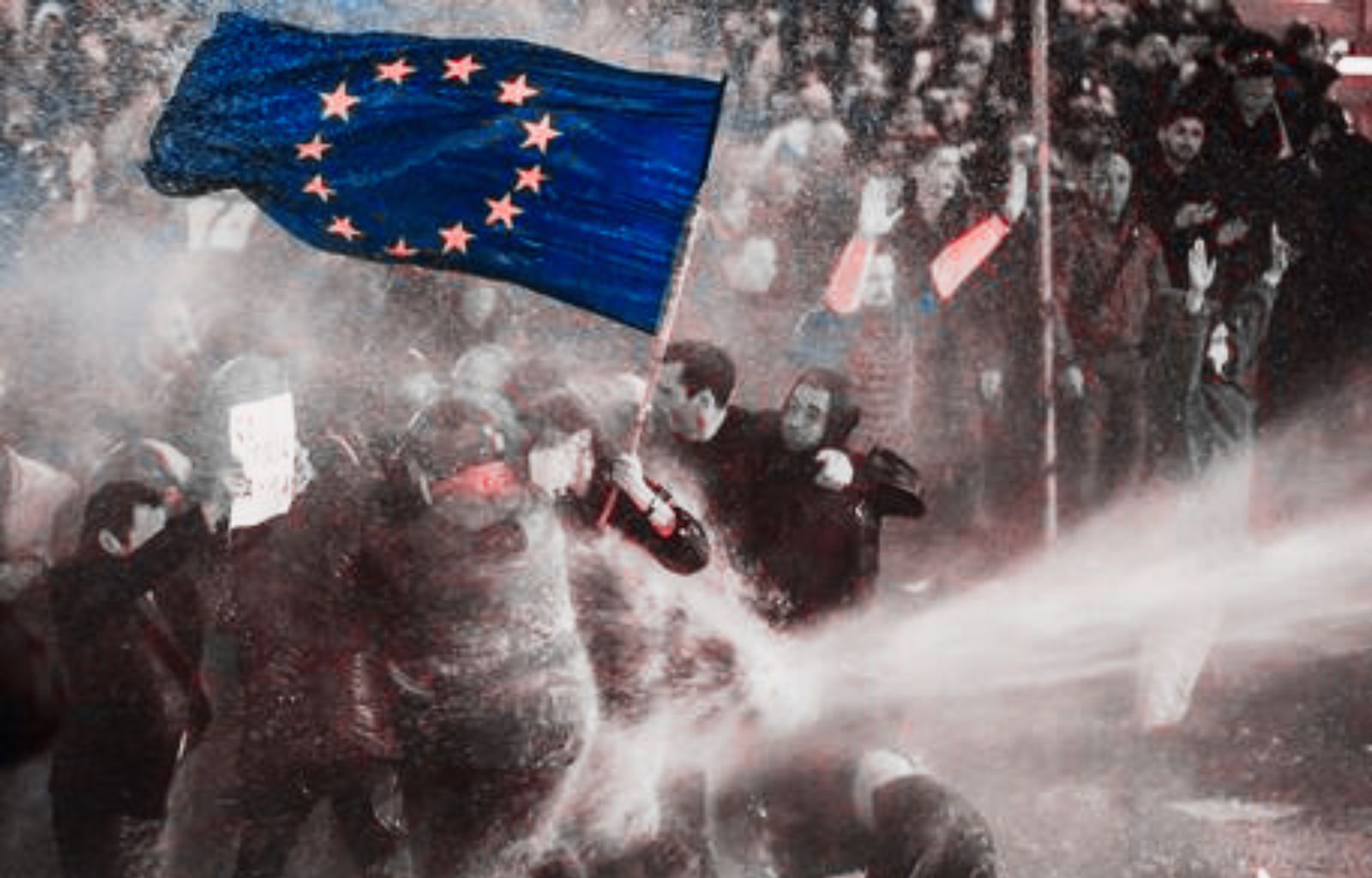Francis, between compassion and contradiction
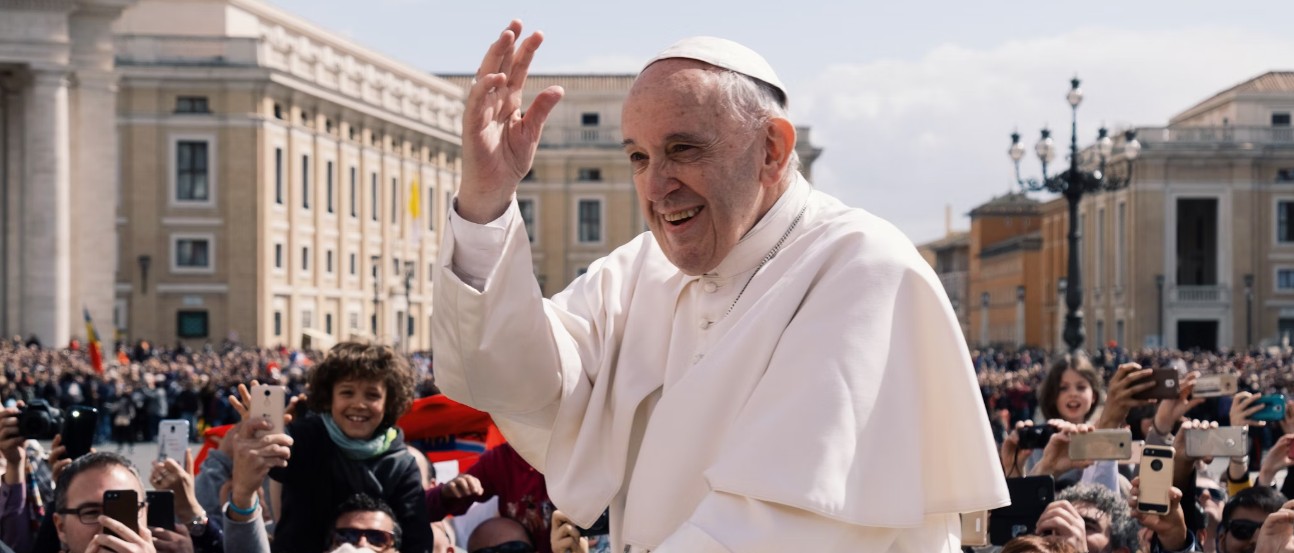
With the death of Pope Francis, a peculiar season in contemporary Catholicism comes to an end. The first Latin American pontiff in history, a Jesuit and an Argentinean, represented a clear break with his European predecessors, not so much because of his geographical origin… but because of the worldview he brought with him to Rome from Latin America.
A populist Pope?
To truly understand Francis’ pontificate, one must in fact start precisely from the ‘end of the world’. As the historian Loris Zanatta has written, Bergoglio is incomprehensible without Peronism, and therefore without that vision of the world in which religion, politics and the people come together in a millenarian, apocalyptic, salvific narrative. A moral and spiritual rather than ideological populism, which saw in the people – especially the poor and devout – the privileged place of truth, and in the elites the source of corruption.
Zanatta writes: ‘The parable of every populism is its own: there was once a pure people, forged by evangelisation, but an elite betrayed it, subjugated it, contaminated it. Until a redeemer, a popular and religious caudillo, redeemed it to lead it to the promised land’. In this logic, typical of a certain South American Christianity, Francis has interpreted his pontifical role more as a prophetic mission than as the custody of tradition.
A Europe reprimanded, but never forgotten
Europe, in Francis’ words, appeared an old, tired civilisation, sickened by selfishness and consumerism. He denounced its walls, its fear of the foreigner, its sterile individualism. But he never completely abandoned it: he visited it, spoke to its parliaments, launched appeals to its young people. He urged her to find her soul, not to claim power. However, the tone has often been that of the prophet who admonishes, rather than the shepherd who accompanies.
In this, Francis broke with the Eurocentric tradition of the papacy: his outlook was global, often third-worldist, explicitly anti-Western. He praised the wisdom of Asian religious cultures, showed a certain indulgence towards authoritarian regimes as long as communitarian, criticised the cultural hegemony of the liberal West in sometimes caricatured tones.
In the authentic fruits of the Enlightenment, valorised by his predecessor Benedict XVI, he instead glimpsed the original sin of the West.
The war in Ukraine: condemnation and diplomacy
The war in Ukraine was one of the most complex trials of the pontificate, and was conducted with a certain ambiguity. Francis condemned the Russian invasion in sharp words, speaking of a “sacrilegious war”, “inhuman” and “a shameful disaster for humanity”. He sent cardinals to bring aid to the affected areas and welcomed young Ukrainians and praised their courage. However, his diplomacy has chosen the path of active neutrality: Francis has always avoided naming Putin directly, kept channels open with Moscow and even criticised – in an interview in 2022 – NATO’s ‘barking at Russia’s doorstep’.
And when in 2024, speaking of negotiations, he evoked the courage of the ‘white flag’, he aroused a fierce controversy, provoking the need for subsequent clarifications from the Holy See. His outlook, more theological than geopolitical, put the victims and human pain at the centre, but ended up leaving those who would have liked a clearer word from the pope in defence of Ukrainian sovereignty and against the Kremlin’s imperialist cynicism, baffled.
Ambiguous progressivism
Francis has been called ‘a progressive pope’ by many. But in what did his progressivism consist? Certainly in the inclusive tone, in the willingness to open the Church’s doors to those who had drifted away: divorcees, homosexuals, non-believers. But on the doctrinal level, the revolution was more announced than accomplished.
In this sense, his relationship with secularised Europe was ambiguous: here he spoke as a reformer, elsewhere as a defender of tradition.
He denounced the ‘ideological colonisation’ of the West, but used its language to win back the distant.
The result was a fluid magisterium, communicatively powerful but often contradictory.
Criticism, but not from the right
Let us be clear: our criticism has nothing to do with the angry and obtuse criticism of a certain reactionary right-wing that has resented the pope who was open to LGBTQIA+ people, courageous in breaking down walls and defending migrants. If Francis irritated those worlds, it is because he spoke with the language of the purest Gospel.
But in his pontificate one also felt the lack of trust in individual freedoms, in the autonomy of secular thought, in that democratic pluralism that represents one of the ripest fruits of European civilisation.
The risk was not progressivism, but a paternalistic pauperism, an anti-Western moralism incapable of distinguishing contradictions from the universal value of freedom.
What will be left?
Francis has certainly affected our consciousness. He has provoked it, wounded it, stimulated it. His pontificate has reflected the tensions of our time: between North and South, between people and institutions, between faith and reason, between tradition and modernity.
To some, it will seem that he has moved the Church forward; to others, that he has returned it to a spiritualist anti-modernism.
Time will tell whether his will have been a pontificate of transition or of rupture.
For us Europeans, however, Francis will remain the Pope who came from the end of the world and who reminded us, in a stern voice and an Argentine accent, that faith is not an inheritance to be defended, but a choice to be renewed.
And that the Gospel, before being doctrine, is compassion.

